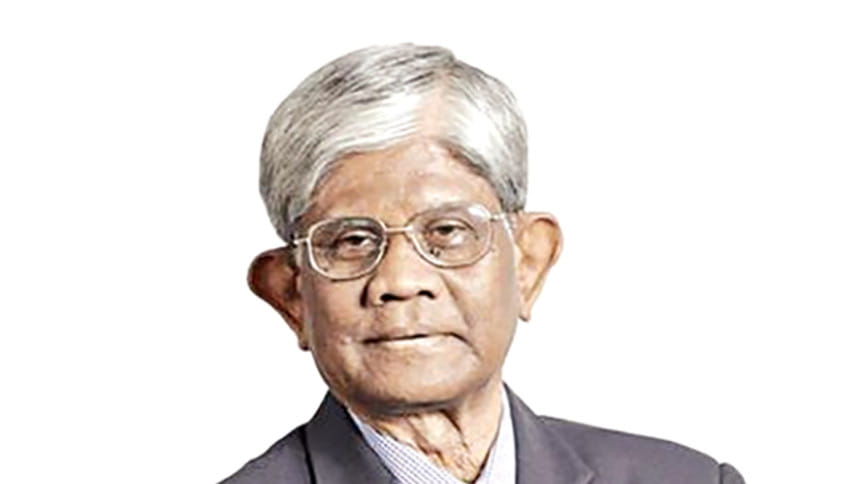'We'll look into the matter'

Finance Adviser Salehuddin Ahmed today touched upon the topic of black money whitening that has garnered attention from different quarters, saying the government was weighing both the "ethical and economic implications" of legalising undeclared income.
"There are two sides to this," he said.
"One is the moral question -- should we even allow it? The other is practical -- will it help us collect more tax revenue?" Salehuddin said while addressing a post-budget media briefing in Dhaka.
While the budget does not offer blanket amnesty, it includes limited provisions for legalising undisclosed funds in real estate.
"This isn't a free pass to whitewash everything," Salehuddin clarified.
"For example, if you build on your own land, you will have to pay a specific amount. That's been formalised."
The adviser rejected the notion that such measures signal a policy failure.
"We're not saying it's a good thing to whiten black money. But sometimes you have to look at it sector by sector," he said.
"There may definitely be something to consider regarding the whitening of black money -- we will evaluate what can be done," he added.
Amid criticism of the black money whitening provision, Abdur Rahman Khan, chairman of the National Board of Revenue (NBR), said the government could reconsider it if necessary.
The finance adviser raised concerns about broader inequality and perceptions of unfairness.
"Being anti-inequality doesn't mean cutting everyone down to the same size," he said.
"If someone is tall, do you chop their head off to make them five feet? We try to manage the situation thoughtfully," said Salehuddin.
He pointed to several policy initiatives targeting underserved groups.
"Bangladesh Bank has set up a large fund for women entrepreneurs. We are allocating money for startups and for the youth. These are steps toward inclusive development," he said.

 For all latest news, follow The Daily Star's Google News channel.
For all latest news, follow The Daily Star's Google News channel. 



Comments